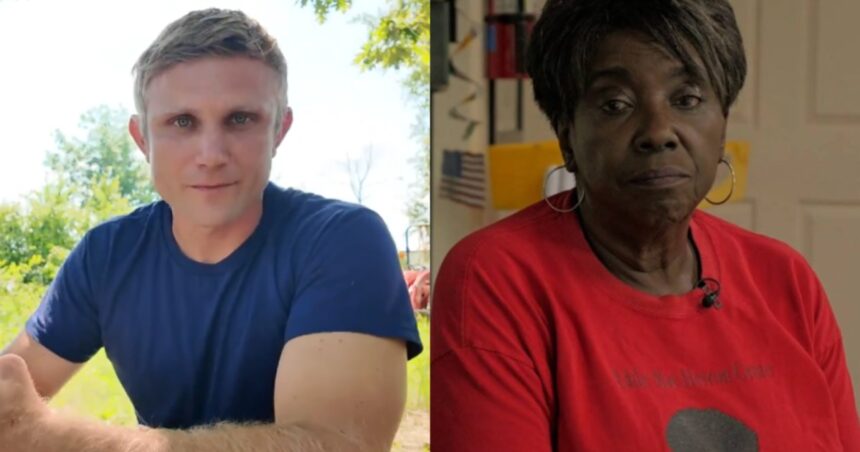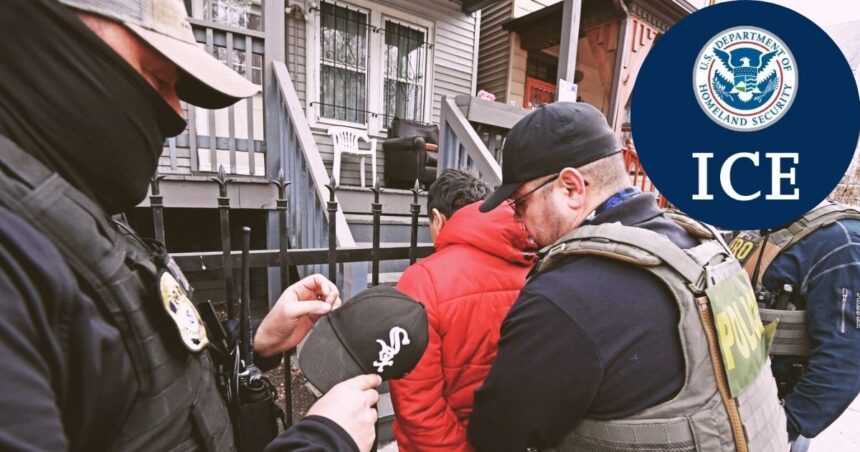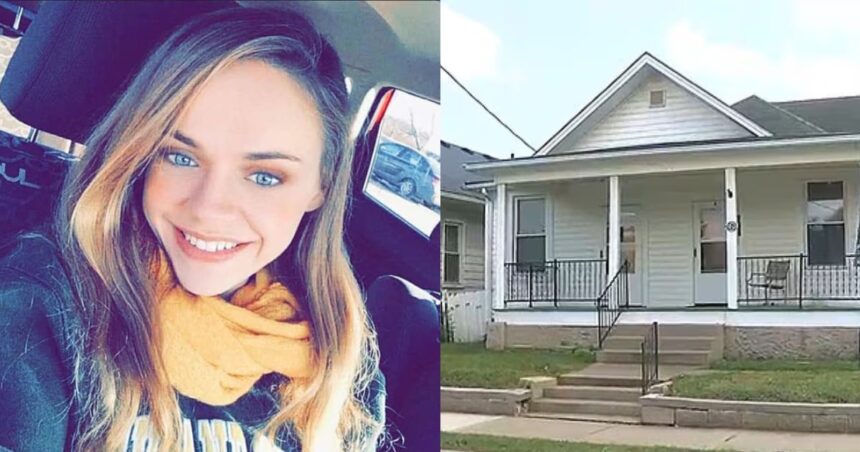Arkansas resident Eric Orwoll, founder of the Return to the Land Association, has raised more than $50,000 online to cover legal expenses for what he describes as a whites-only settlement in the Ozarks.
According to multiple reports, the group operates as a private membership association that restricts access to individuals of European descent with traditional views. Some donors have gone further by urging the group to use genetic testing to screen applicants they call infiltrators before allowing them into the community.
Jewish journalists are trying to eliminate our right to have White intentional communities, a major precedent is about to be set.
We need to organize a coherent response and win to protect our right to free association.
Please help!
pic.twitter.com/8V0G48siry
— Aarvoll (@Aarvoll_)
July 4, 2025
The group began acquiring roughly 150 to 160 acres of land near Black Rock and Ravenden, Arkansas, in late 2023. Around 40 residents now live in small cabins, tents, and other basic structures on the site. Orwoll claims that by structuring the association as a private membership organization, it is exempt from federal civil rights protections, such as the Fair Housing Act.
Applicants must undergo a vetting process that includes providing ancestry documentation and participating in video calls before they can purchase land or settle in the area. The association explicitly bans Jews, Muslims, LGBTQ+ people, and those of mixed heritage in its membership criteria.
Their website states the following as their vision: “We seek to create a decentralized movement, formed of various individuals and societies returning to the land. We will promote strong families with common ancestry, and raise the next generation in an environment that reflects our traditional values. We will facilitate economic and social harmony between all groups and individuals in our movement. Above all, we will continue to engage in a never-ending pursuit of excellence, refusing to lower our standards or lose sight of our goals.”
In videos posted online, Orwoll has said that forced integration constitutes genocide and has argued that communities like his are necessary for preserving the white race.
Some donors have publicly called for stricter measures, such as DNA tests, to verify applicants’ ancestry. Civil rights advocates warn that this rhetoric echoes long-discredited eugenics theories. Legal experts have stated that the association’s policies would likely violate the
Fair Housing Act
if challenged in court, regardless of its private membership framework.
The Arkansas attorney general’s office has confirmed it is reviewing the group’s activities, though no formal action has been announced. Organizations, including the Anti-Defamation League and the Arkansas NAACP, have condemned the effort. NAACP state president Barry Jefferson said that no one should be discriminated against because of their skin color and called for oversight.
Despite mounting criticism, Orwoll’s group says it plans to expand into Missouri, Oklahoma, Illinois, Appalachia, and even major cities such as San Francisco and New York. Orwoll has built a YouTube following of more than 14,000 subscribers where he mixes classical philosophy lectures with messages about building white separatist communities. Co-founder Peter Csere, who previously faced allegations of misconduct in another off-grid community, is also involved in the Arkansas settlement.
The community remains small, but watchdog groups say it exemplifies how online extremist movements are translating their ideology into real-world enclaves. With tens of thousands of dollars raised and supporters advocating increasingly extreme screening measures, civil rights experts warn that groups like the Return to the Land Association pose a growing challenge to anti-discrimination law and social cohesion in rural America.
A similar situation unfolded in the 1980s with the white separatist compound known as the Aryan Nations in northern Idaho, which operated under a private‑property model and enforced strict membership rules.
After years of civil lawsuits and federal scrutiny, the group was ultimately dismantled when a successful lawsuit by the Southern Poverty Law Center resulted in a multimillion-dollar judgment that forced the sale of its land and buildings. Legal experts point to that case as evidence that even groups claiming private status can be held accountable when their policies and actions violate anti‑discrimination and civil rights laws.






